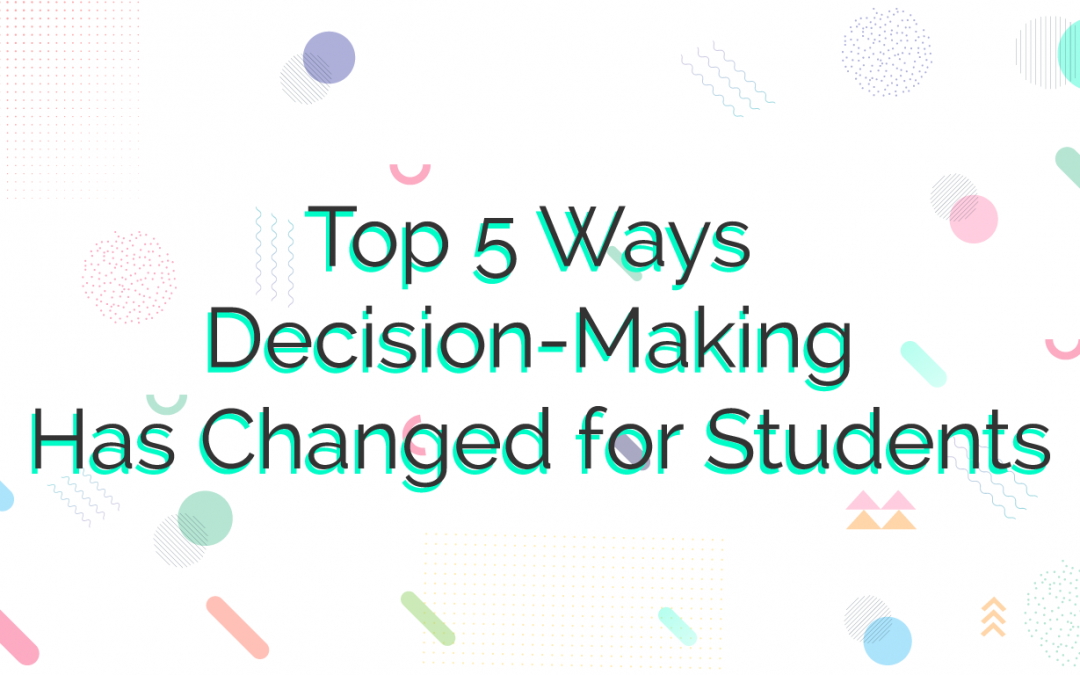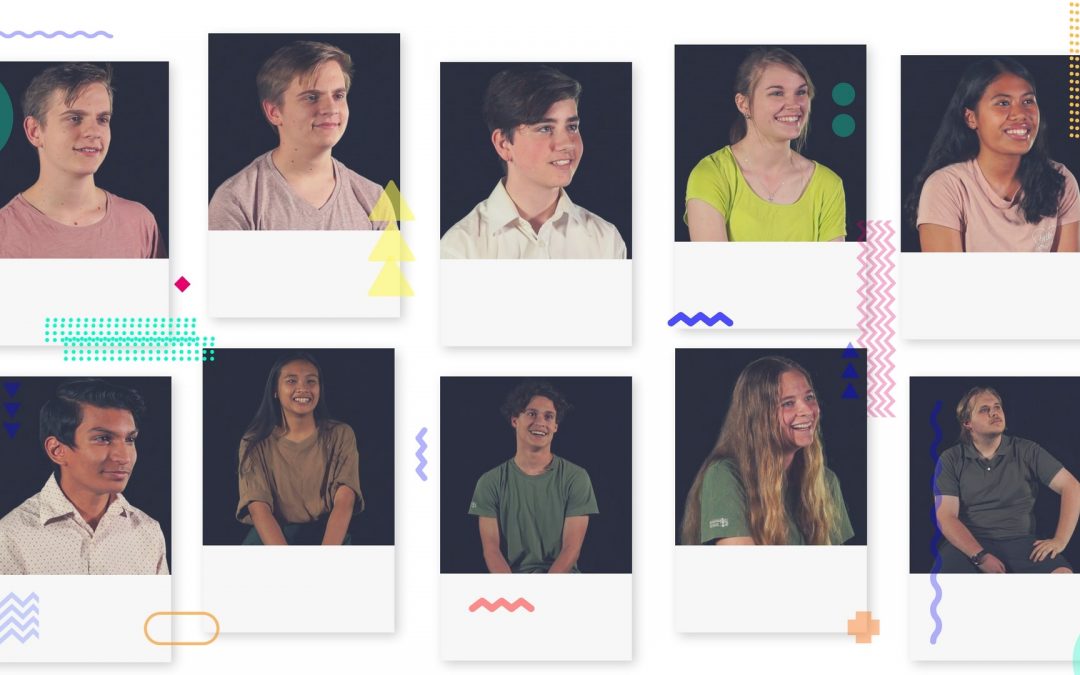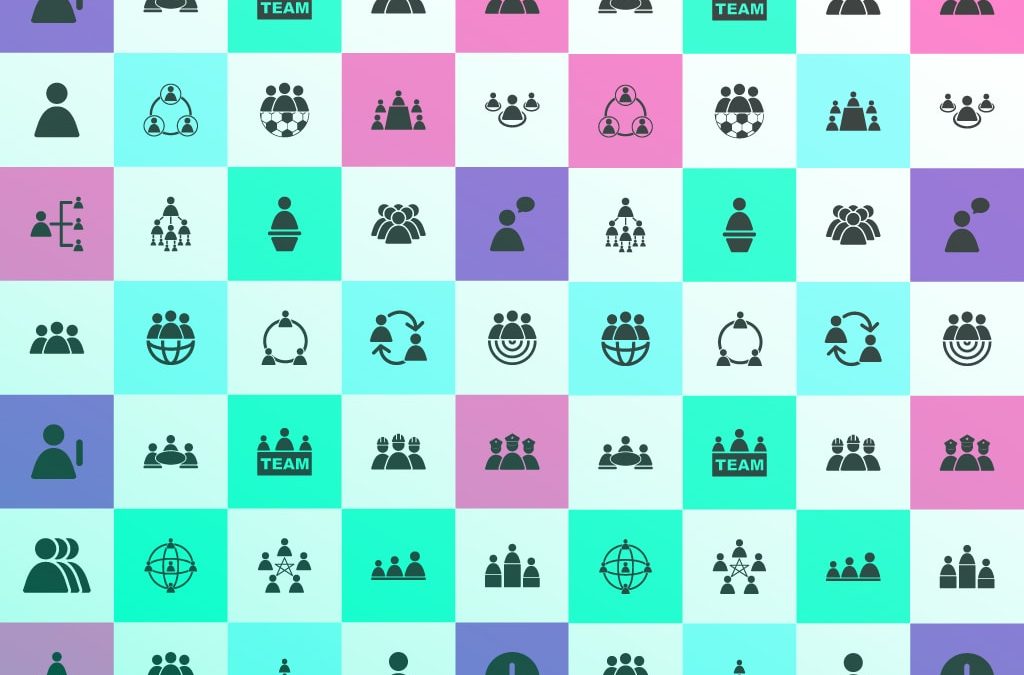
5 Reasons Why Business Should Embrace Work Experience

Opinion Piece Written By By The Grand Student Survey Team — Stephanie Holland and Dhawal Nayak | Updated February 23, 2018.
To be effective in a global economy, businesses need to adopt and support work experience programs for students.
In Australia, we have many industry leaders such as the Australian Computer Society, QMI Solutions Group, MEGT, Blue Dog, Construction Skills Queensland (CSQ) and others advocating for and connecting young Australians with work experience opportunities. These industry partners and the businesses associated with them understand the importance of work-ready graduates.
We now more than ever need to embrace the fact that world of work is changing. Without work-ready graduates, employers will struggle to recruit and retain the vital skills they need for the future of their business.
There are many reasons businesses should embrace, enable and engage the younger generation. The Generation Next aka GenZ, born after 1995 are shaped differently, then generation Y. They have different characteristics, expectations and communication styles — therefore engaging them effectively requires a new approach, as cited by an education future report from McCrindle.
1. Future of Work
Future of Work is not just a buzzword, it is an evolutionary process. Changing industry demands requires us to bring new generation minds in the business. An executive briefing written by James Manyika, Chairman and Director of McKinsey Global Institute stated, ‘The world of work is in a state of flux, which is causing considerable anxiety — and with good reason’.
Generation Z is the future of the global economy, and that future is already at our doorstep. Bringing students into the workforce, to gain an understanding of their way of being and working gives any business an advantage. The Everything Guide To Gen Z, a report from Vision Critical stated that ‘By 2018, GenZ will control $200 billion in direct spending. In the meantime, they influence more than $600 billion in spending by their parents.’
Work is changing slowly, but surely. Let’s engage students from the early stages of their career.
2. Attracting right talent
Some industries in Australia could be in trouble soon when it comes to finding talent. One example of this is the mining industry. An article by Ben Creagh of Australian Mining, says that the ‘University of Western Australia (UWA) was forecasting only eight students would graduate as mining engineers in 2018.’ The article also mentions that ‘enrolments for mining engineering at the University of New South Wales were expected to be the lowest in 40 years.’
‘These worrying forecasts surfaced as mining in Australia started to see skills shortages emerge in vital areas during the second half of 2017, including engineering,’ Creagh writes.
It has become more important than ever before to have right people working for your business. Everyone has talent and it is about finding the right chemistry between the employees and organisation, says Roberta Matuson, in her new book named Talent Magnetism: How to Build a Workplace that Attracts and Keeps the Best.
Talent is often overlooked because of biases. People with the best qualification and CV always had a competitive advantage. Some businesses even use pattern recognition tools to onboard best talent. Eric Ries, author of The Lean Startup said pattern recognition tools have been OK for quite a while, however, ‘as the world is getting more and more unstable and disruptive, patterns aren’t holding.’. ‘The things that made you successful in past don’t make you successful in future, and it’s produced a crisis, a vacuum.’
Work experience enables employers to build and nurture a new talent pool for future job opportunities through exposing bright young minds to an organisation’s culture.
3. Turnover
Implementing work experience programmes has shown to help turnover within organisations. Work experience can give students a chance to see if they enjoy a certain role. It’s a chance to find the best match to a company’s culture and mission. This ‘try-before-you-hire’ approach can have huge benefits on both sides, increasing the chance of finding the right person before they enter an organisation as a full-time employee.
Students who had completed an internship or work experience are better at making effective career decisions than those who did not. A study found this is because students could better distinguish their own personal values and how this affects their career.
4. Participation in an ecosystem
Let’s look at the big picture. An article written for The Conversation mentions that ‘students who completed internships as part of their university degree are better at making career decisions and are more satisfied with their career choices.’ The more businesses that participate in offering internships and work experience, the more we are contributing to a healthier career ecosystem.
The article continues, ‘In an era of intense global competition for jobs, being able to recruit and retain graduates who are committed, satisfied and productive is critical for any business.’
So, it’s crucial that students get experience to figure out what they like and don’t like, discover different job roles, and grow their professional network. Businesses are a crucial part of improving this ecosystem, for everyone involved.
5. Work experience programme
Now, more than ever, you can find effective and structured work experience programs in all different industries. Australian Computer Society, QMI Solutions, Govt. and many other educators have implemented a structured work experience process. The stereotype of students making tea, coffee, and cleaning floors has largely been overcome due more due diligence from educators.
The Australian government rolled out the National Work Experience Programme’ which is part of jobactive. ‘It is a work experience programme which places job seekers in real life work experience placements. It helps students gain experience and confidence while demonstrating skills to potential employers’ — Australian Government, Department of Jobs and Small Business.
Many businesses that I’ve spoken to recently are working to create project-based programs integrating work experience for students.
The Grand Student Survey is actively working with Australian businesses to understand how to create the best outcomes and keep up with the changing industry demands.
What steps is your business taking to participate in work experience opportunities?



